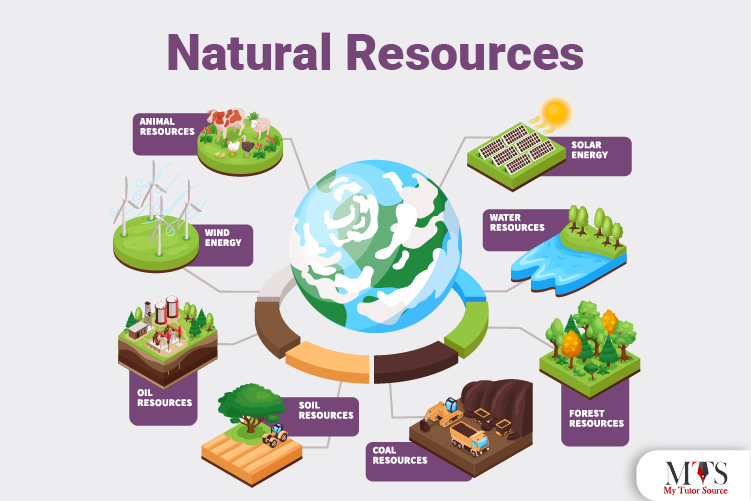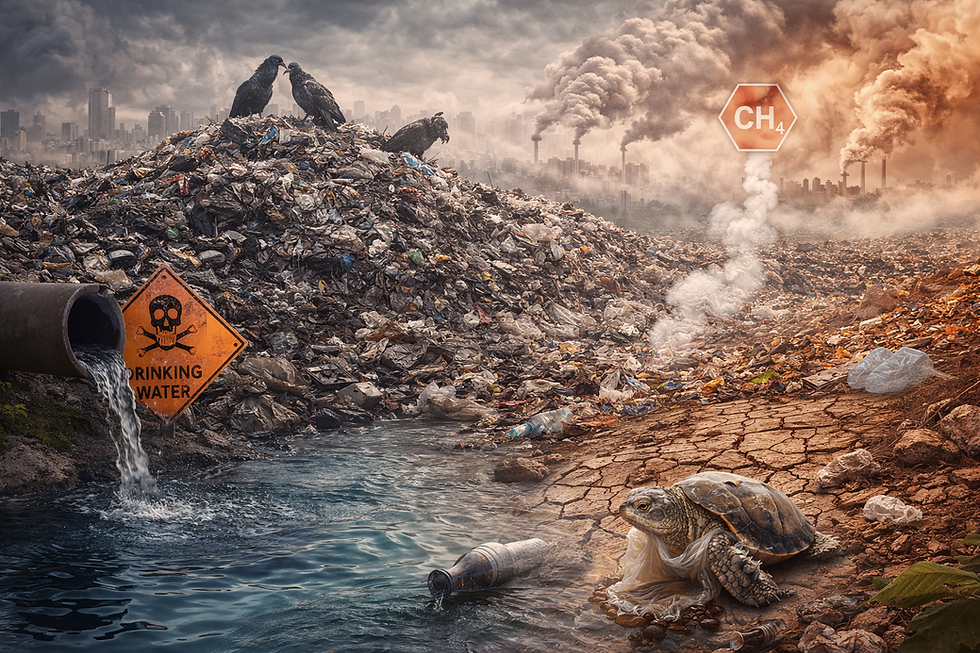Resource Management: How to Conserve Our Natural Resources
- ierminstituteseo
- Aug 21, 2023
- 3 min read

Natural resources are the materials and substances that humans use to survive and thrive. They include air, water, land, minerals, forests, and wildlife. These energy resources management are essential for our health, economy, and environment.
However, our natural resources are finite and we are using them up at an alarming rate. We are depleting our water supplies, polluting our air and water, and destroying our forests and wildlife. If we continue on this path, we will eventually run out of these resources and our planet will become uninhabitable.
Energy and resource management is the process of using our natural resources wisely and sustainably. It is about finding ways to meet our needs without compromising the ability of future generations to meet their needs.
There are many ways to conserve our natural resources. Here are a few examples:
Reduce, reuse, and recycle. This is the most important thing we can do to conserve resources. By reducing the amount of resources we use, we can help to lower demand and prevent waste.
Use energy-efficient appliances and light bulbs. This can help to reduce our environmental and energy resources management consumption and save money.
Drive less and walk, bike, or take public transportation more often. This can help to reduce our reliance on fossil fuels.
Eat less meat and more plant-based foods. This can help to reduce our demand for water and land.
Support sustainable businesses. When we buy products from sustainable businesses, we are helping to create a market for these products and encourage other businesses to adopt sustainable practices.
Conserving our natural resources is essential for our future. By making small changes in our daily lives, we can make a big difference.
In addition to the above, here are some other ways to conserve natural resources:
Water conservation: Take shorter showers, fix leaky faucets, and water your lawn less often.
Energy conservation: Turn off lights when you leave a room, unplug appliances when they're not in use, and weatherize your home.
Waste reduction: Reduce the amount of waste you produce by buying less stuff, reusing and repairing items, and composting food scraps.
Land conservation: Support sustainable land management practices, such as reforestation and sustainable agriculture.
Wildlife conservation: Protect endangered species and their habitats.
By taking these steps, we can all help to conserve our natural resources and ensure a sustainable future for ourselves and future generations.
The benefits of resource conservation are numerous and far-reaching. Here are some of the key benefits:
Reduces pollution and environmental degradation. When we conserve resources, we reduce the amount of pollution and environmental degradation that is caused by their extraction, production, and use. This helps to protect our air, water, and land.
Protects natural habitats and wildlife. When we conserve resources, we help to protect natural habitats and wildlife. This is important for the biodiversity of our planet and for the health of our ecosystems.
Stresses the importance of sustainability. Resource conservation helps to raise awareness of the importance of sustainability. It shows that we can meet our needs without compromising the ability of future generations to meet their needs.
Saves money. Resource conservation can save us money in a number of ways. For example, by reducing our energy consumption, we can lower our utility bills. By recycling, we can reduce the amount of waste we send to landfills, which can save us money on trash collection fees.
Creates jobs. The transition to a more sustainable economy will create new jobs in areas such as renewable energy, energy efficiency, and Waste and Resource Management.
Improves our quality of life. A cleaner, healthier environment is a better place to live, work, and raise a family. Resource conservation can help to improve our quality of life in many ways.
These are just some of the benefits of resource conservation. By making small changes in our daily lives, we can all help to conserve our natural resources and make a difference for the future.
Here are some additional benefits of resource conservation that are specific to each resource:
Water conservation: Water conservation can help to prevent droughts, reduce flooding, and improve water quality. It can also save money on water bills.
Energy conservation: Energy conservation can help to reduce greenhouse gas emissions, improve air quality, and save money on energy bills.
Waste reduction: Waste reduction can help to reduce pollution, conserve natural resources, and save money on trash collection fees.
Land conservation: Land conservation can help to protect biodiversity, prevent soil erosion, and provide recreation opportunities.
Wildlife conservation: Wildlife conservation can help to protect endangered species, maintain healthy ecosystems, and provide educational opportunities.



Comments